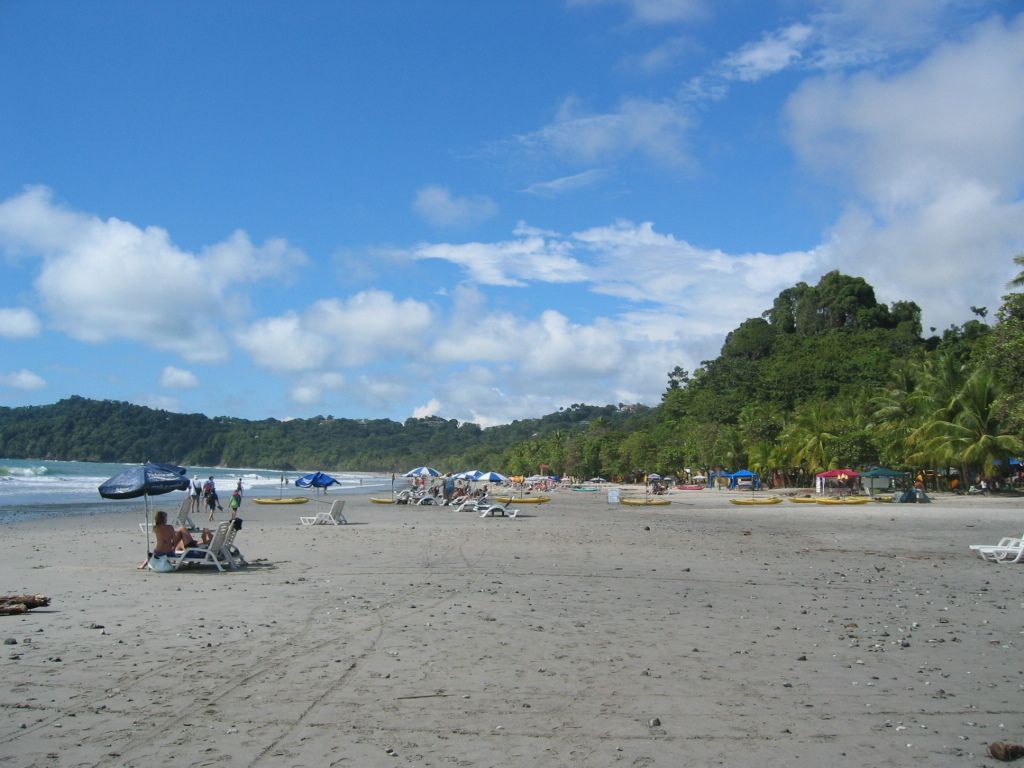Setting the Stage for the G7 Summit: A Tumultuous Test of unity
Discussion on Topics at the G7 Summit Held in Canada
2025 finds the G7 gathering in the heart of the Canadian Rockies, Kananaskis, amidst a volatile global landscape. With the Western democracies feeling the heat from autocratic powers like China and Russia, the group's unity teeters on the edge as the start of US President Donald Trump's second term unfolds. The forthcoming days will reveal how cohesive this alliance remains.
German Chancellor Friedrich Merz, with a hopeful eye, regards this summit as an opportunity to engage in pivotal discussions at a challenging juncture. His primary goal: a united G7, determined to lock horns with rival forces. However, clouding auspices may complicate matters — the summit is marking its 50th anniversary amidst conflict and trade tensions.
Navigating the War-Torn Middle East
It seems the addition of a new conflict to the G7 leaders' agenda, the ongoing war between Israel and Iran, will take center stage. Merz has stated this issue will lead the discussions, as the USA and Europe have offered solidarity to Israel but have not actively participated in the offensive against military leaders and nuclear facilities. The potential for an escalation during the meeting remains high.
A Foreign Policy Power Play
As Trump prepares to embark on this diplomatic voyage, he has solidified his image as a dominant world leader, hosting a grand military parade in Washington on the occasion of the U.S. Army's 250th anniversary, masked in the guise of his own 79th birthday. Carrying this steely demeanor, he is poised to confront Canada, a neighboring nation that may not offer the warmest of receptions.
During his tenure, Trump has been notorious for alienating key partners with tariffs, furthering tensions. His provocative statements, such as those advocating for the seizure of the Panama Canal and parts of Canada, set the stage for an intriguing dynamic between the two nations.
Setting Sights on Greenland
On the heels of Trump's controversial perspectives on foreign territories, French President Emmanuel Macron has planted his own flag in the proverbial sand. As a detour en route to the summit, Macron will visit Greenland, a territory belonging to Denmark, alongside Danish Prime Minister Mette Frederiksen. With their presence on the island, they may stake a claim in the global power chessboard.
Merz's Grand Stand
For Merz, the G7 summit comes on the cusp of a significant milestone in his political career. After a series of crucial visits to prominent partner countries, this meeting represents the first major test of his international mettle. Merz aims to maintain a conflict-averse course as he dialogues with Trump, asserting a united front that will prove the G7's resilience.
Duelling Crises: Middle East and Trade
The unfolding crisis in the Middle East, coupled with mounting trade tensions, pose formidable challenges for the leaders attending the summit. Depending on the evolving situation in the region, an abrupt escalation could heavily influence the talks. The USA's propensity to intervene in the conflict may shift dramatically, potentially triggering yet another round of escalation.
As for the trade conflict, a cessation of hostilities hinges on the successful resolution of ongoing negotiations between Brussels and Washington. tariffs on almost all EU exports to the United States are scheduled to take effect by July 9, the EU is readying retaliatory measures. Bridges must be built to avoid this impending trade war.
A Unified Vision for the Future
Despite the hurdles facing the G7, the summit aims to forge a united front on critical issues such as peace, trade, energy security, and digital transformation. The potential agreement on trade, support for Ukraine, and initiatives on energy and technology stand as tree branches ready for the group to cling to. Engaging partners beyond the G7 could serve as the trunk, ensuring the tree's longevity and continued growth.
With Canada's Prime Minister Mark Carney at the helm of the summit as the chair, the tension among member countries may be skillfully managed to facilitate cooperative solutions and foster the solidarity the G7 needs to withstand the challenges it faces in an ever-changing world.
- German Chancellor Friedrich Merz aims to use the G7 summit as an opportunity to engage in pivotal discussions, focusing on maintaining a united G7 to counter rival forces, with the ongoing war between Israel and Iran potentially taking center stage.
- The summit, marking its 50th anniversary, is set against a backdrop of conflict and trade tensions, as US President Donald Trump prepares to confront Canada, a neighboring nation that may not offer the warmest of receptions.
- Ahead of the summit, French President Emmanuel Macron will visit Greenland, a move that could stake a claim in the global power chessboard, adding to the geopolitical complexities of the gathering.
- Amidst discussions on the Middle East and trade, Merz intends to assert a united front, maintaining a conflict-averse course during his dialogues with Trump, aiming to prove the G7's resilience in the face of mounting challenges.
- As the G7 leaders convene, their primary focuses are on forging a united front on critical issues such as peace, trade, energy security, and digital transformation, engaging partners beyond the G7 to ensure the group's longevity and continued growth in a rapidly changing world.








